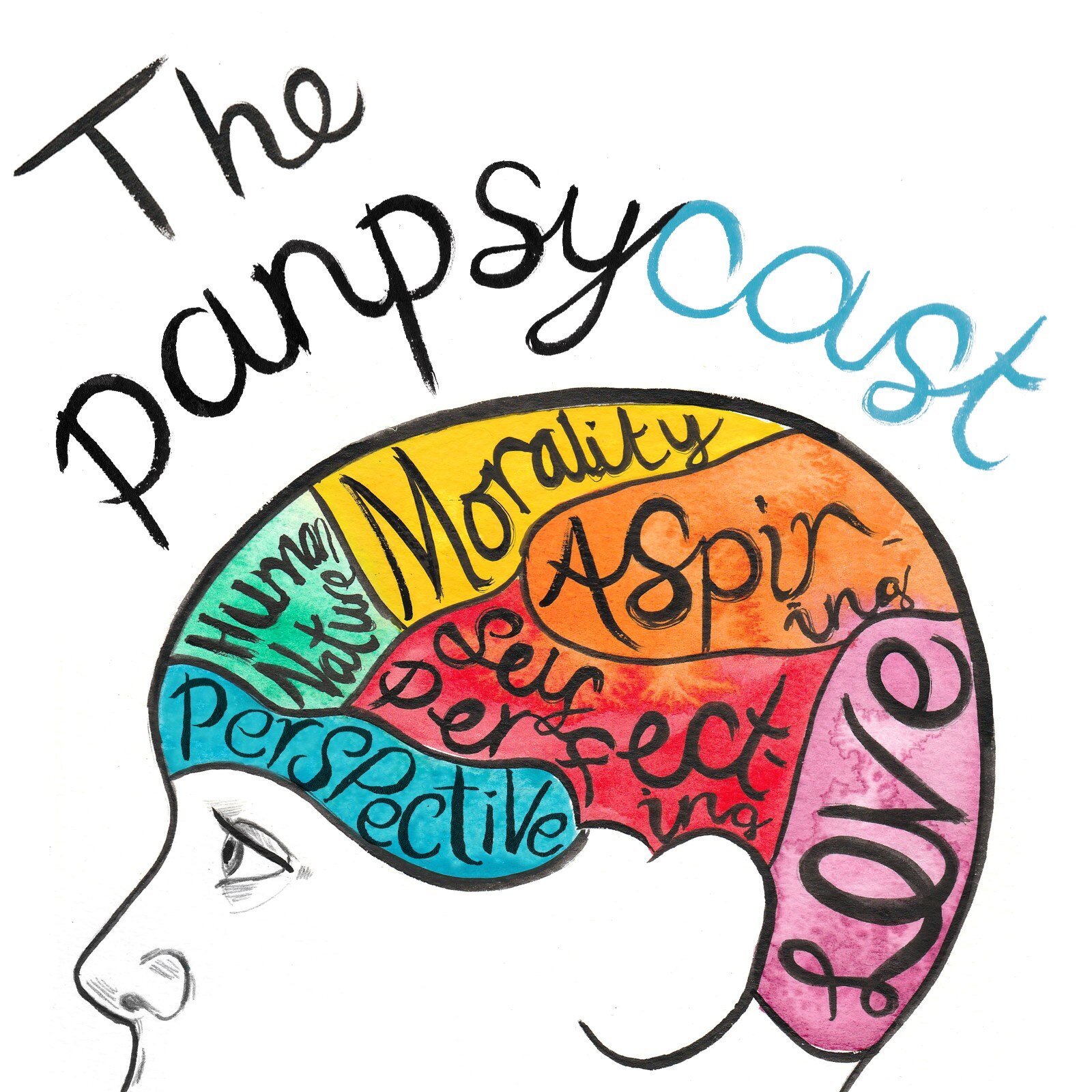Welcome to ‘Episode 102 (Part II of II)’, in which we’ll be concluding our discussion with Richard Swinburne.
The existence of God is the most discussed, and perhaps the most important, question in philosophy. For the majority of the world’s population, God provides meaning, morality, metaphysics, and hopefully, salvation.
A rich history of scholarship defending God’s existence has meant theism has long been considered to be a reasonable worldview; however, with the rise of secularism and the new atheist movement, a fiery and passionate debate has ensued: one of science vs. religion. Our question: can the two be reconciled?
In this episode, we’ll be discussing God’s existence with one of contemporary philosophy’s most influential thinkers, Professor Richard Swinburne. Best known for his great trilogy of books – The Coherence of Theism, The Existence of God, and Faith and Reason – Professor Swinburne’s impact on philosophy of religion has been enormous... from high school classrooms to university halls, every teacher knows his name and every student must wrestle with his work.
According to Swinburne, theism is the friend – and not the enemy – of science; for God ‘explains everything that we observe’, from the universe’s existence and the scientific laws which operate within it, to its extraordinary miracles and conscious creatures. ‘If we want a complete explanation of the universe’, says Swinburne, ‘then science needs God.’
The file size is large, please be patient whilst the podcast buffers/downloads/grows closer to GodContents
Part I. Is there a God?
Part II. Further Analysis and Discussion

